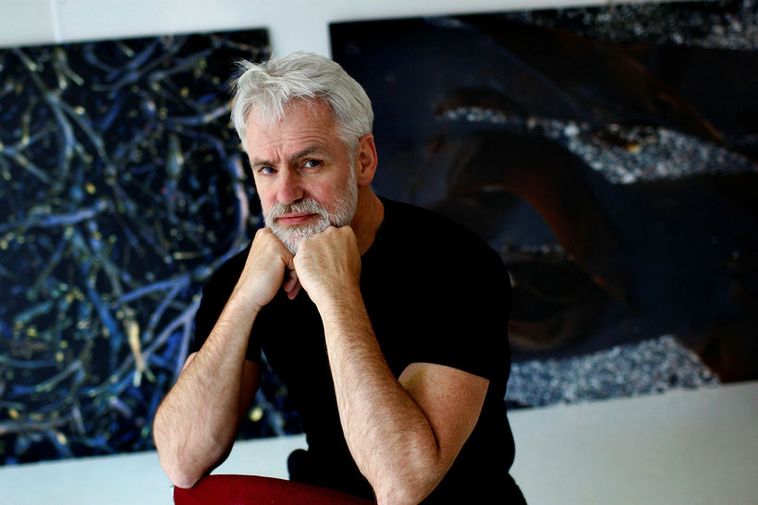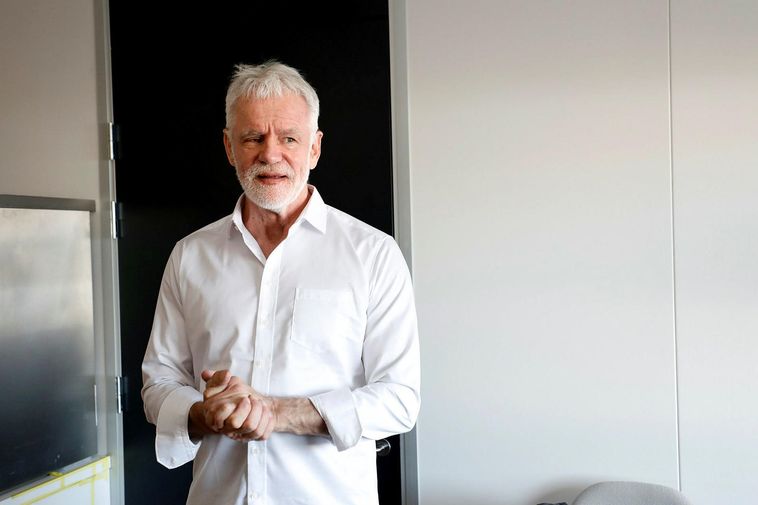

They started to test before the virus had arrived. “Basically, the authorities in Iceland prepared for it. “The entire world knew that there was an epidemic mounting in China in January,” he said. Stefánsson said an early, aggressive response to the Covid-19 outbreak is more important in limiting its spread than overall population or population density. “So this is all a question of the will, the desire, the determination, to do this properly and my guess is to do that, there needs to be some sort of a central control,” he said. has probably “5,000 times more resources” than Iceland. In Iceland he has pioneered the use of population-scale genetics to understand variation in the.

DECODE GENETICS CEO HOW TO
You could have the universities do the analysis of the data and help with planning how to deal with it.”ĭespite having far more people, Stefánsson suggested the U.S. is founder and CEO of Reykjavik-based deCODE genetics. “You could have the universities do the testing. “You have all of this talent, all of this equipment in your universities, that could simply be drafted to apply to this epidemic,” he said. is a vital weapon in the battle against Covid-19. Stefánsson said the strong academic system in the U.S. “By doing this, we seemed to have brought this epidemic under some sort of control,” he argued. Those who came into contact with an infected person are put in quarantine, he said. This involves putting everyone who tested positive in isolation and then determining all the people who have been in contact with people who have the disease, he explained. Stefánsson, a neurologist who was formerly a professor at Harvard University, said that in addition to an early commitment to widespread testing, Iceland’s government also deployed “an extraordinarily vigorous” system of contact tracing. In the U.S., where about 3.2 million people have been tested for the disease, there are more than 634,000 confirmed cases of Covid-19, per JHU data. Iceland has 1,727 confirmed cases of Covid-19 and eight deaths, according to Johns Hopkins University data. He has shaped deCODEs scientific approach and been actively engaged in leading its gene. The case is In re: deCODE Genetics Inc, U.S Bankruptcy Court, District of Delaware, No. “If you were to bring this all to bare, you would easily be able to do the same thing as we.” Stefansson is recognized as a leading figure in human genetics. Shares plunge around 83 percent (Recasts with CEO interview, share drop, background). “It ought to be even easier in a country of your size with your resources, with this incredible amount of talent you have,” Stefánsson said of the U.S. Census Bureau.īut Iceland’s ability to test around 10% of its population and deploy robust contact tracing when someone is diagnosed with Covid-19 should not be seen as something only small countries can do, Stefánsson argued in an interview with CNBC’s Meg Tirrell. has about 330 million people while Iceland has just about 347,000, according to the U.S. Stefánsson, whose Reykjavík-based company is known for its work analyzing the human genome, noted the obvious size differences between the U.S. It does not store any personal data.Iceland’s strategy to track the spread of the coronavirus can be used in the U.S., deCODE Genetics CEO Kári Stefánsson told CNBC on Wednesday. The cookie is set by the GDPR Cookie Consent plugin and is used to store whether or not user has consented to the use of cookies. The cookie is used to store the user consent for the cookies in the category "Performance". This cookie is set by GDPR Cookie Consent plugin. The cookies is used to store the user consent for the cookies in the category "Necessary".

The cookie is used to store the user consent for the cookies in the category "Other. This cookie is set by GDPR Cookie Consent plugin. Kari Stefansson, the CEO and founder of DeCode, calls scouring databases in this fashion for protective genes a new way of creating drugs that isn’t based on a beautiful hypothesis or lucky. The cookie is set by GDPR cookie consent to record the user consent for the cookies in the category "Functional". The cookie is used to store the user consent for the cookies in the category "Analytics". These cookies ensure basic functionalities and security features of the website, anonymously. Necessary cookies are absolutely essential for the website to function properly.


 0 kommentar(er)
0 kommentar(er)
